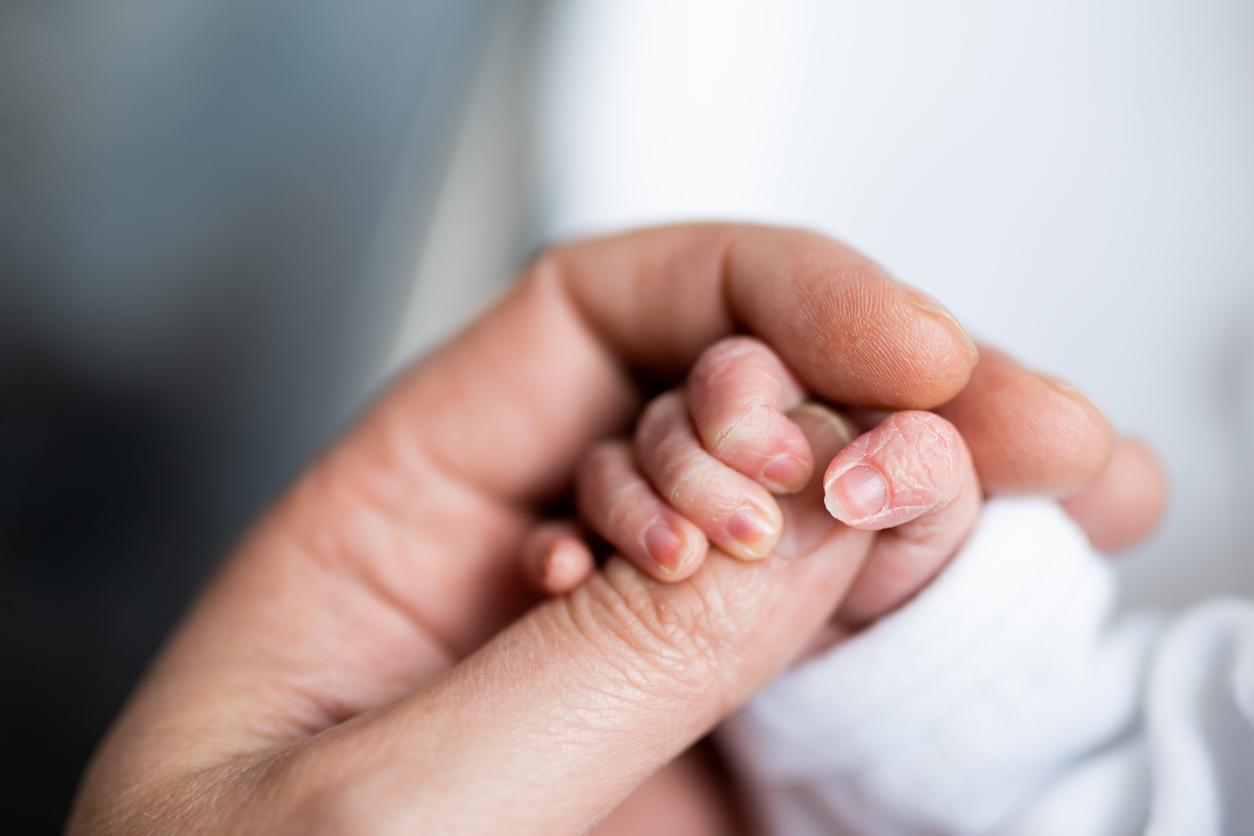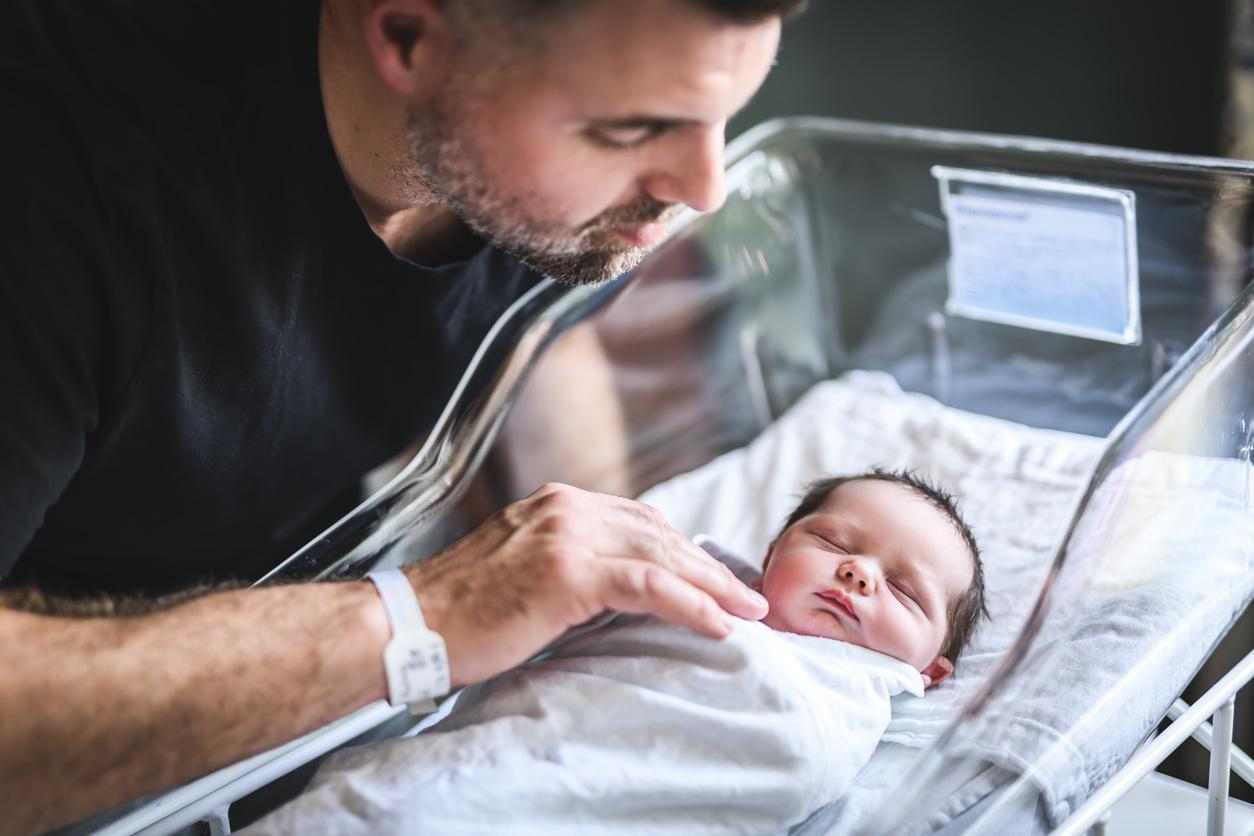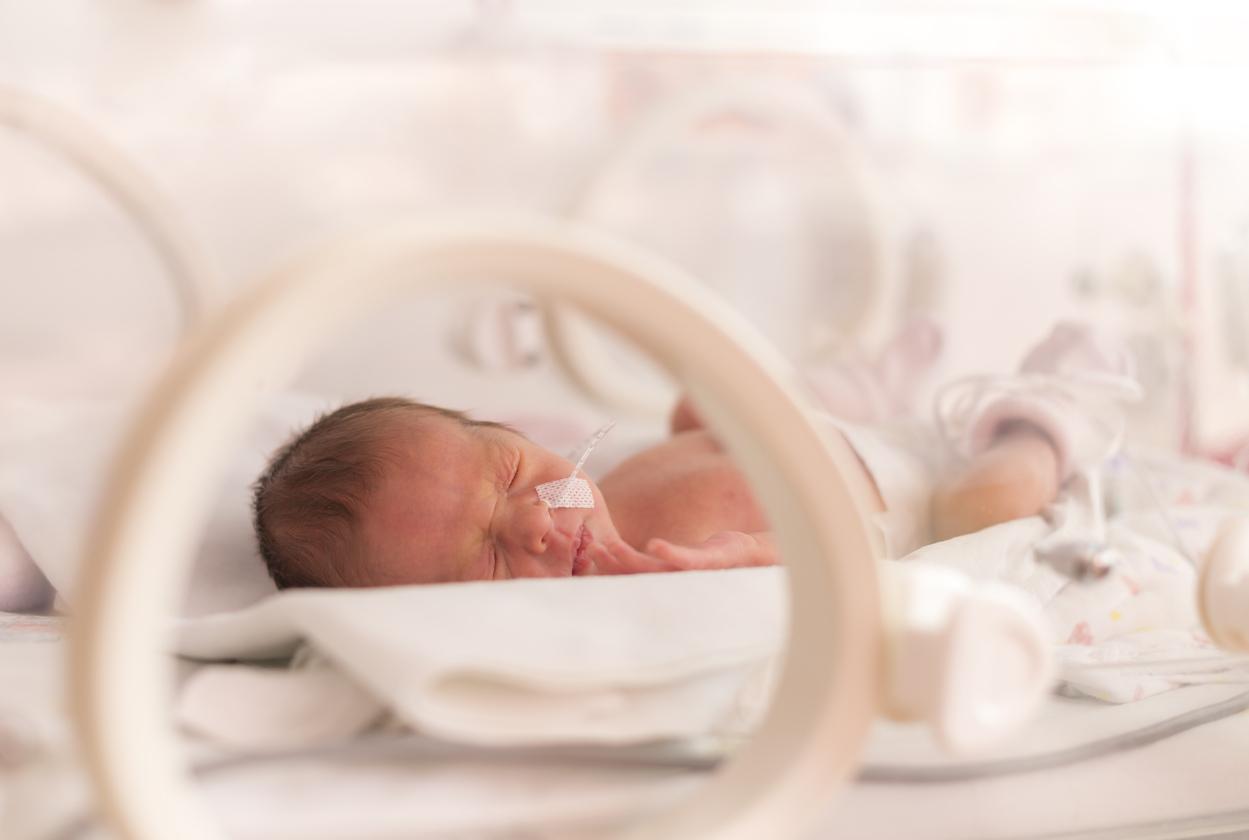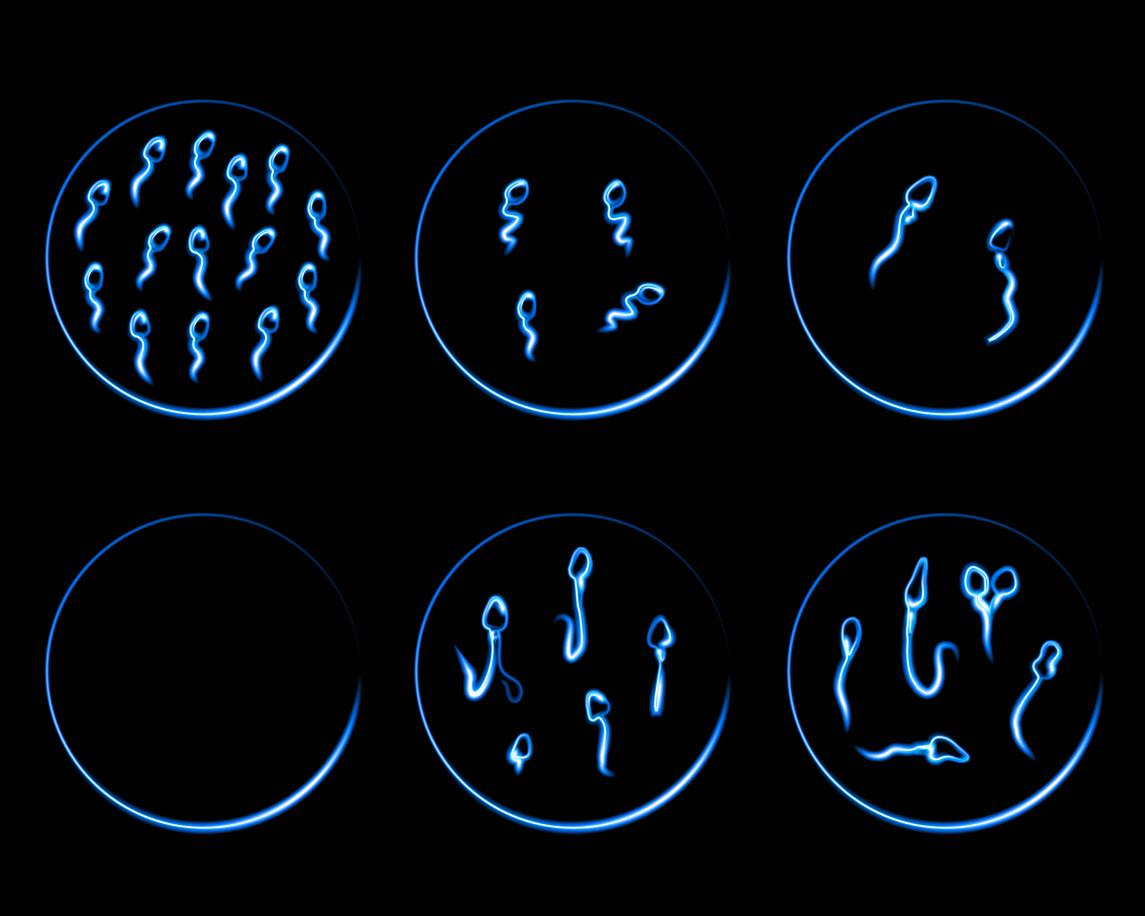A study shows that the children of parents suffering from mental illnesses – and in particular the fathers – run the risk of being born too early.

- An analysis of Swedish birth records suggests that it’s not only the mental health of the mother that plays an important role in preterm births.
- The psychiatric diagnosis of fathers increases the risk of premature birth.
- The risk of premature birth is all the more pronounced if both parents have psychiatric disorders.
Thanks to a new study, we are learning a little more about the risk incurred by unborn children of fathers with psychiatric disorders.
Indeed, if we knew that women suffering from psychiatric disorders such as depression, anxiety disorders, bipolarity or even schizophrenia a greater likelihood of giving birth prematurely, we knew less about the role of the father in this problem.
Premature child: father’s mental health is a risk factor
However, according to the study published in PLOS Medicinea paternal diagnosis of psychiatric disorders also increases the risk of premature birth.
The researchers based themselves on all live births to Nordic parents in Sweden between 1997 and 2016. The cohort included 1.5 million births, 15% of whom were parents with mental disorders.
The team observed a trend towards an earlier gestational age in the children of these parents. In detail, a paternal diagnosis increased the risk in 6.3% of births and a maternal diagnosis in 7.3% of births.
Premature birth: a real danger for the child
Premature births concern 55,000 births per year In France. A child is considered premature if it is born before 8.5 months of pregnancy (37 weeks of amenorrhea).
VS’is a source of concern, particularly because the frailty of children born too early is associated with higher death rates : about two thirds of the deaths recorded in children concern children born prematurely or with a low birth weight, recalls theInserm.
Parents’ psychological disorders increase the likelihood of preterm birth
According to the study, the risk is also greater when both parents have been diagnosed, since it then concerns 8.3% of births.
The researchers also found that it was even higher for parents – both mothers and fathers – with multiple psychiatric disorders at the same time.
Further studies should examine whether additional social support and prenatal care for families with psychiatric histories might impact gestational age, the authors conclude.

















